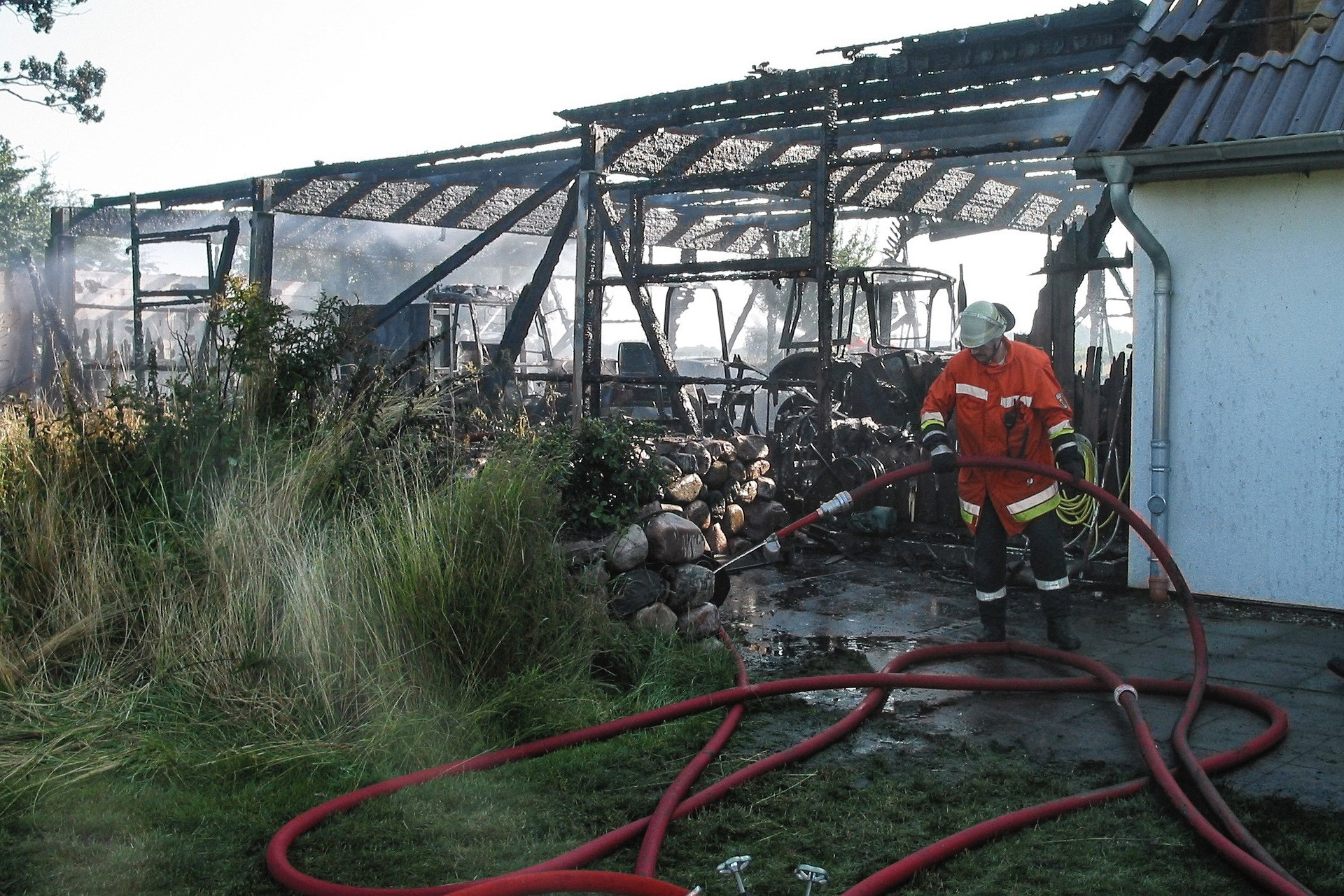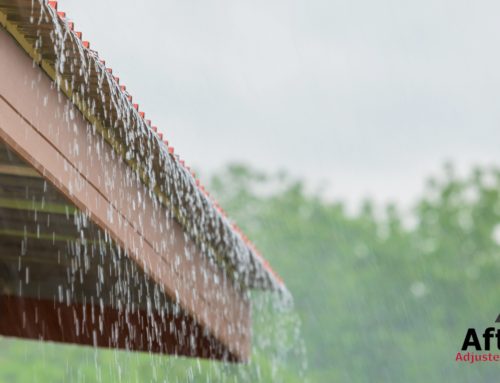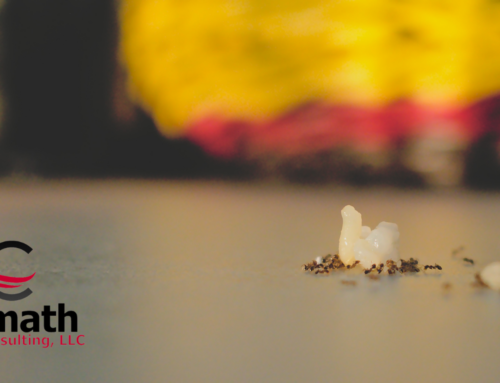Everyone knows to keep fresh batteries in their smoke alarms, have an emergency plan, and put rescue stickers on the windows. Have you considered, however, what would happen after a fire? Even a small fire can cause damage, so do you know the steps for filing a fire damage insurance claim?
Here are five tips to help you through that process.
1. Keep a List of Everything You’ve Lost
This will probably take some time and make an emotional situation even more stressful. It’s important, however, to note everything that was damaged in the fire when filing a fire damage insurance claim. You should also avoid throwing things away. It doesn’t not matter if they were damaged by smoke, fire, or water. It’s easier to prove that things were ruined if you keep them around.
2. Filing a Fire Damage Insurance Claim Right Away
You are required by your insurance provider to file a claim as soon as possible. You shouldn’t wait to notify them about the fire. They’ll have you file a “proof of loss claim” that lists all the items you’ve lost as well as their value.
The information needed on these forms typically includes:
- The date of the loss
- The type of loss
- Location of the damage
- Injuries
- People involved
- Condition of the property
- Descriptions of the damaged contents
- Temporary repairs needed
- A police report
This is the beginning of a long and complicated process. You will need to keep track of any communication you have with the insurance company. You can also ask for receipts from the post office. Go ahead and take notes during every meeting and phone call you have with them. Detailed records lowers the chance of your insurance company pitting their word against yours.
3. Keep Your Property Secure
Your insurance provider expects you to try to keep your property secure against further damage unless your home is a total loss. Some steps you can take include:
- Putting up a fence or boarding up the property
- Moving property that is in danger of more damage
- Covering holes in the walls and roof
- Ensuring all embers are extinguished
Your insurance company will call this “mitigating damage.”
4. Track Your Living Expenses
You will be reimbursed for any living expenses incurred while you’re displaced. This includes:
- Hotel stays
- Restaurant meals
- Laundry
- Extra gas
If you decided to stay with a friend or relative, then have them keep a list of the cost of your stay. Your insurer may want to negotiate this. Feel free to remind them that it’s cheaper than staying in a hotel.
5. Think About Hiring a Public Adjuster
Figuring out what your policy does and does not cover can be a difficult process when filing a fire damage claim. This is especially true on top of everything else that comes up after a fire. That’s where public adjusters, like the experts at Aftermath Adjusters & Consulting, come in with our unique skills. We can help you overcome any hurdles that insurance companies may put in your path. With any luck, you’ll never need to call us. But you should know that we can help you recover if you ever suffer a fire in your home.









